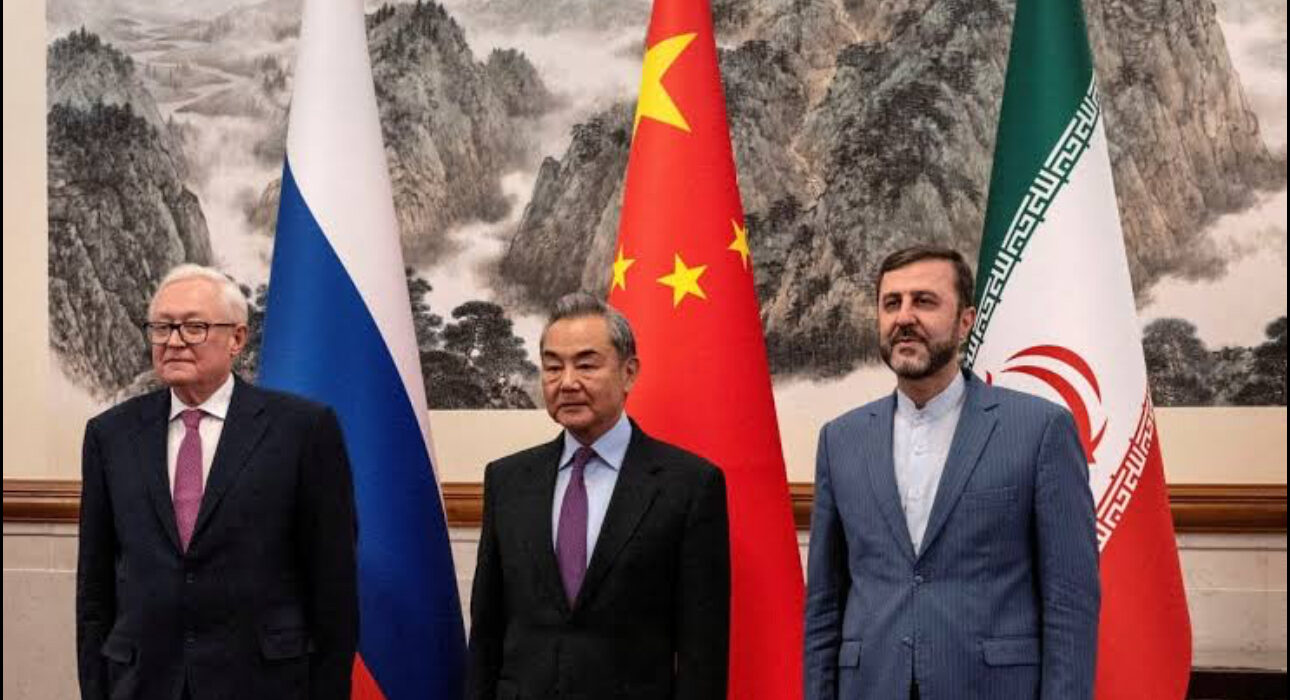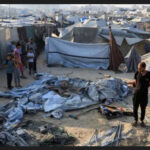Iran Warns Against Reimposing UN Sanctions, Says Move Would Complicate Nuclear Talks

Iran’s Deputy Foreign Minister, Kazem Gharibabadi, has warned Western powers that any move to reinstate United Nations sanctions on Tehran would further derail already fragile negotiations surrounding the country’s nuclear program.
Speaking ahead of a high-level meeting scheduled to take place this Friday in Istanbul with representatives from the European E3 nations—Britain, France, and Germany—Gharibabadi declared that the activation of the UN’s “snapback” mechanism would “lack legal basis” and aggravate tensions.
“The snapback mechanism has no legitimate ground at this point,” Gharibabadi said. “Should the Europeans pursue such a path, they will bear full responsibility for the consequences. We have always been open to diplomacy, but double standards and unfulfilled commitments are making progress impossible.”
The “snapback” clause is part of the 2015 Joint Comprehensive Plan of Action (JCPOA), which allows parties to the agreement to reimpose UN sanctions if Iran is found to be in serious violation of the nuclear deal. The E3 countries have recently threatened to trigger the clause, citing Tehran’s accelerating uranium enrichment and its failure to fully cooperate with the International Atomic Energy Agency (IAEA).
However, Iran argues that it is the European powers that have failed to uphold their side of the agreement, especially since the United States unilaterally withdrew from the JCPOA in 2018 under President Donald Trump.
“For seven years now, the deal has not been implemented by the Europeans following the U.S. withdrawal. How can they accuse us of non-compliance when they themselves abandoned their responsibilities?” Gharibabadi asked.
Tensions have been mounting over the past weeks, as European diplomats set a late-August deadline for Iran to show concrete steps toward compliance. Should Tehran fail to meet that deadline, the E3 have signaled they are prepared to reimpose comprehensive sanctions through the United Nations Security Council.
Gharibabadi’s remarks are seen as a pre-emptive effort to pressure European negotiators ahead of Friday’s talks. Iranian officials have indicated they are willing to continue diplomatic engagements but remain firm that any punitive action would further strain relations and make the revival of the nuclear deal even more difficult.
Observers warn that a return to UN sanctions would not only isolate Iran but could also unravel the remaining framework of the JCPOA, which has been on life support for years. Analysts also point out that such a move might force Tehran to further escalate its nuclear activity and reduce cooperation with international inspectors.
Iran, which maintains that its nuclear program is purely for peaceful purposes, has continued uranium enrichment well beyond the levels allowed under the original deal. The country also insists that any new agreement must include full sanctions relief and guarantees that no future U.S. administration can unilaterally walk away from the accord.
As the Istanbul meeting approaches, diplomatic circles in Europe and the Middle East are closely watching for signs of a breakthrough or collapse. With rising geopolitical tensions and regional instability, the outcome of these negotiations could prove critical to the future of nuclear diplomacy in the region.









